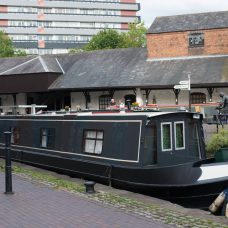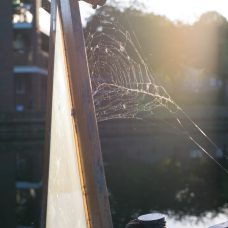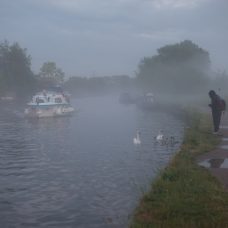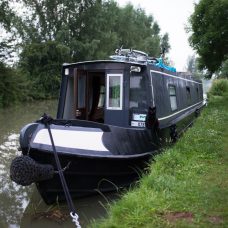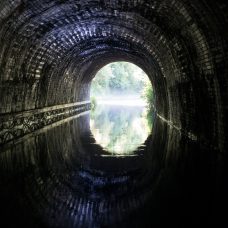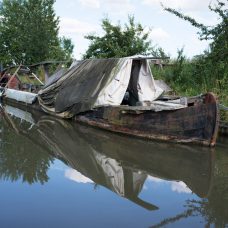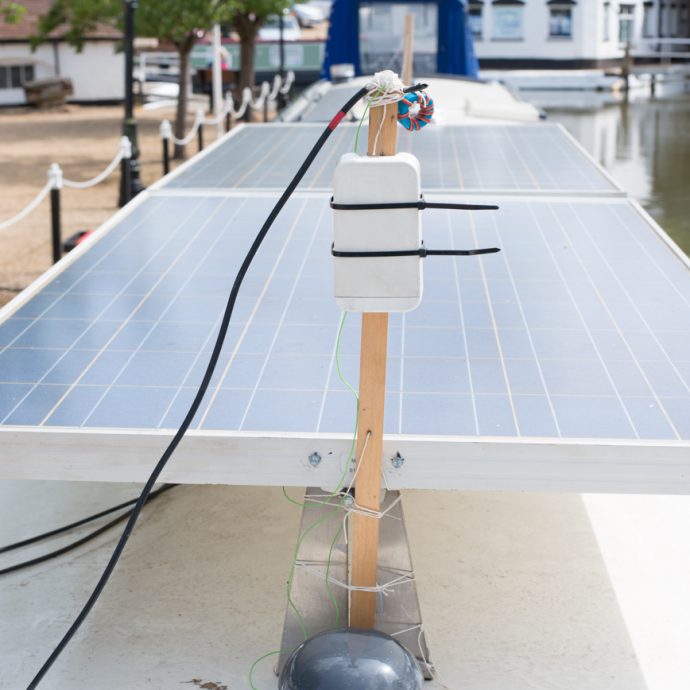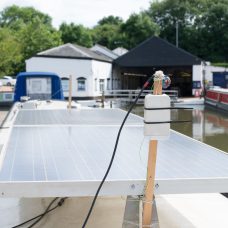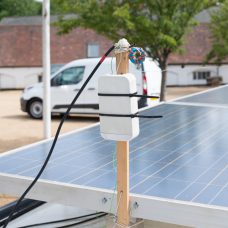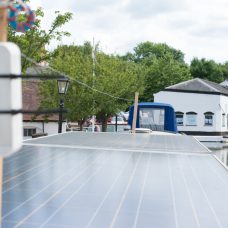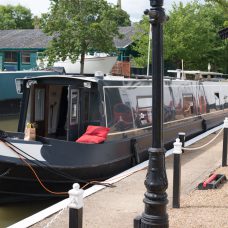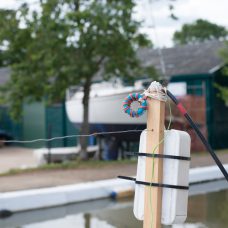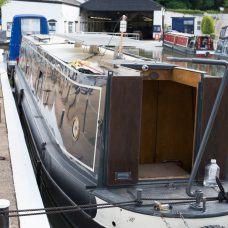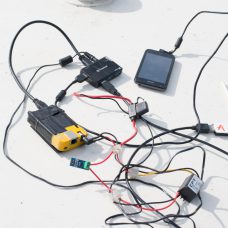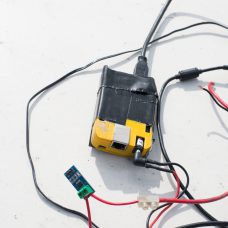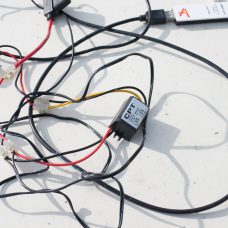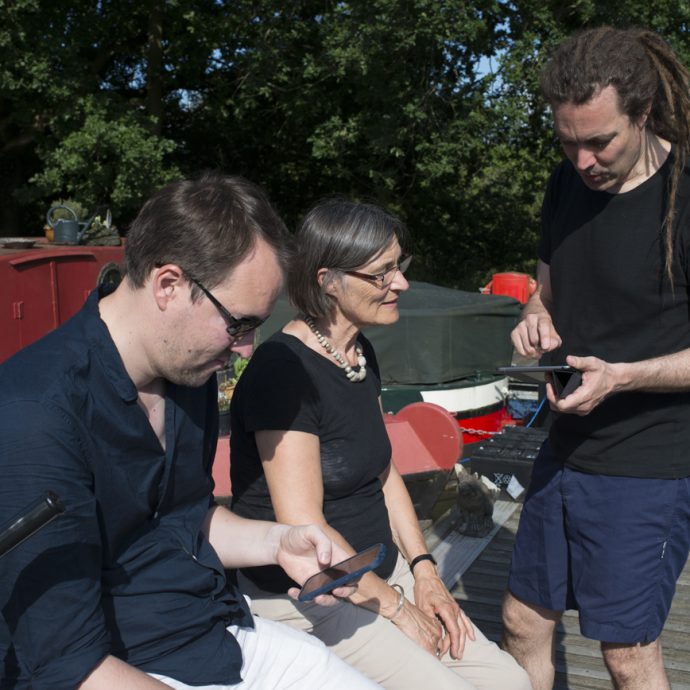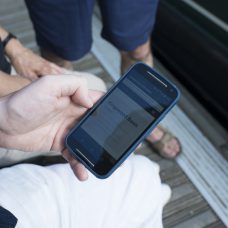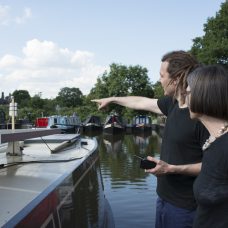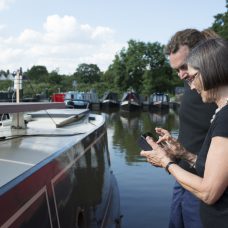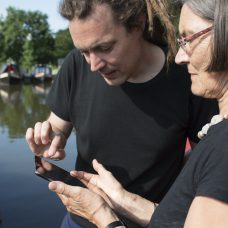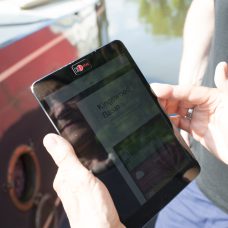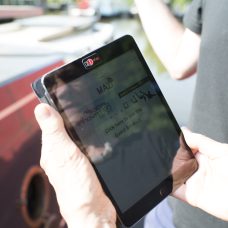A companion to the After Progress (2022) monograph, published by The Sociological Review, the After Progress Digital Exhibition is the result of a multiplicity of collective efforts to weave together collaborative and multimedia forms of storytelling that might help us envisage ways of living and dying well outside of the modern coordinates of progress, drawing inspiration from the “After Progress” symposium series. The notion of “progress” is arguably the defining idea of modernity: a civilisational imagery of a boundless, linear, and upwards trajectory towards a future that, guided by reason and technology, will be “better” than the present. It was this notion that placed techno-science at the heart of modern political culture, and it was the global unevenness of “progress” that imagined European imperialism as a civilising mission inflicted upon “backward” others for their own sake. The colonial, rationalistic, and ecocidal consequences of the story of “progress” have been laid bare, yet progress remains a ruling idea capable of governing our imaginations today. At the same time, the ruins of progress are teeming with divergent worlds and collective experiments whose stories upend modern dreams, cultivating plural value-ecologies of living and dying with others on Earth. How to intensify them? How to make them felt?In 2020, amidst the profound upheavals brought about by the COVID-19 pandemic and the many public health responses to it, we issued an open call for storytelling proposals from groups and individuals from around the world, with stories that might help us envisage ways of living and dying well outside of the modern coordinates of progress. After over 175 initial proposals from every corner of the world (by artists, activists, academics, students, and many other people from different walks of life) and a long and collaborative process of development and curation, this exhibition of over 60 “stories” in a variety of genres, media, and styles, is one collective response to that call. But it is also more than that. Composed collectively by contributors, curators, designers, and collaborators alike, all navigating and negotiating lockdowns and social distancing measures and a plethora of other restrictions on our modes of sociality, this exhibition is also a living archive, a testimony of what happened and what can still happen in the interstices of such distances, when we insist in spite of all on thinking and being together (apart). And because any “after” to progress necessarily calls for the plural, what one will find here is a veritable cornucopia of experiments in storytelling that are speculative, ethnographic, poetic, drawing on or reinventing any and every genre: SF, nature writing, poetry, aphorisms, brief dramas, short films, interactive webpages, letters and epistolary forms, fictional encyclopaedia entries, instructions, auditory compositions, and many more. They each raise and pursue their own questions and their own possibilities, thickening the present through the many disparate yet interlaced threads they weave in their divergences and tensions. This exhibition has received generous funding from The Sociological Review Foundation, as well as other sources of support from the MA Ecology, Culture & Society and the Unit of Play, Department of Sociology, Goldsmiths, University of London.
Category Archives: Journal
Off-network low-impact living on the cut
Note: You need to download the video to your phone and view it locally. For Android phones you need Google Cardboard and VR Player (free version from Google Play) to experience this 360 video. For iPhones you can use VR ONE, Mobile VR, or the 360 VR player.
boattr.uk VR360 feature documentary film for after progress exhibition
The VR360 feature documentary film titled Off-network low-impact living on the cut, to be published here on boattr.uk, for the launch of the after progress exhibition, will tell the story of the researchers’ journey on the narrow-boat Quintessence (boattr.uk) on the British Waterways, looking into off-network, local network use of technologies, as a low-impact living on the cut. The ‘boattr – living on the cut’ immersive film depicts the cut and canals of the British Waterways as a digital urban commons, through the artists’ journey on the narrow boat ‘Quintessence’ and the development of the ‘boattr’ prototype in collaboration with MAZI (for “together” in Greek), a Horizon2020 research project. Having operated the boattr.uk, mazizone and 7061 art project over three years, this story, in form of a VR360 film, documents the development of this research.
Photos by Natascha Sturny, are showcasing canal life in combination with the boattr prototype by Adnan Hadzi.
With the evolution the moving image inserted itself into broader, everyday use, but also extended its patterns of effect and its aesthetical language. Video has become pervasive, importing the principles of “tele-” and “cine-” into the human and social realm, thereby also propelling “image culture” to new heights and intensities. The boattr VR360 film makes use of video as theory, reflecting the structural and qualitative re-evaluation it aims at discussing design and organisational level. In accordance with the qualitatively new situation video is set in, the VR360 film presents a multi-dimensional matrix which constitutes the virtual logical grid of the boattr project.
The boattr DIY infrastructures offer a unique set of special affordances for local services to the narrow boat community, outside the public Internet: the ownership and control of the whole design process that promotes independence and grass-roots innovation rather than fear of data shadows; the de facto physical proximity of those connected without the need for disclosing private location information, such as GPS coordinates, to third parties; the easy and inclusive access through the use of a local captive portal launched automatically when one joins the network; the option for anonymous interactions; and the materiality of the network itself.
boattr 360 – cultural heritage of the canals
This 360 video installation lets the audience experience the ‘boattr’ project through a VR headset, and access the boattr micro-computer book over any WiFi enabled device. The installation encompasses two photographic triptychs showcasing canal life, a seating representing a narrow boat’s bow on which the viewer can sit and immerse into a journey on the narrow boat Quintessence. Experience the British Waterways through accessing boattr with your WiFi enabled device over the WiFi SSID ‘boattr’.
This is a seven minutes pre-view version of the boattr VR360 film. The longer 25 minutes version shall be produced for, and premiered at the after progress exhibition. See technical rider for information on how to set up the boattr 360 installation.
The installation translates online modes into physical matter (micro computer), thereby reflecting on logics of new formats – by rendering a dynamic, open structure, allowing for access to the boattr micro-computer book over the ‘boattr’ WiFi SSID. One of the missing features of the mazizone for the boattr community was a second radio on board of the Raspberry Pi 3. Now with the last version of the RaspberryPi 4 this missing link is being offered on the board of the microcomputer. With two antennas it is now possible to use one as an access point and the other to network the box into a mesh network, allowing for boats passing by to sync up with each other.This would allow for the British Waterways to become a safe haven for the bargee community, turning the canal network into a public, radical open access, library. The memory of the world project, aaargh, science hub, and similar projects could be hosted on such a mesh network. Currently Marcel Mars is working on a second edition of the ‘public library‘ book with Lawrence Liang, for which Marcel seeks contributions reflecting “on library as strategic and tactical ground,politically, economically, epistemologically. “…” So, this volume delves also into the imaginary and what Lawrence called carnal librarian-ship, but we wish to avoid either going into typical Borgesian imaginary of radical potentiality or into trying to imagine overhasty nostrums what public libraries need to turn themselves into to legitimate their economic existence.”
Anchor & Hope at Valletta Filmfestival
Today we went to see the premier of Anchor & Hope by La Panda Production at the Valletta Filmfestival. To our surprise a former bargee neighbor Natalia was playing one of the lead roles.
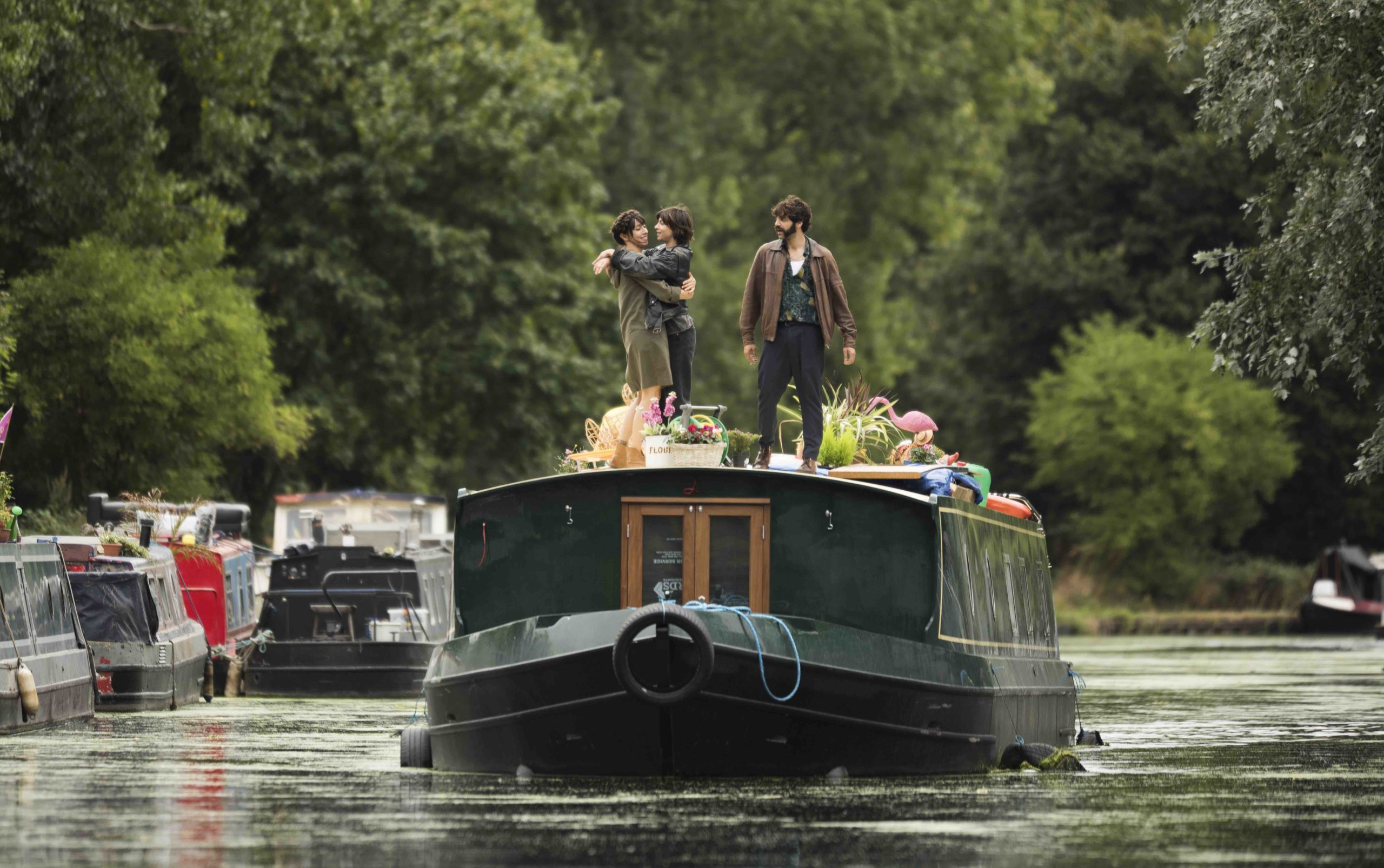
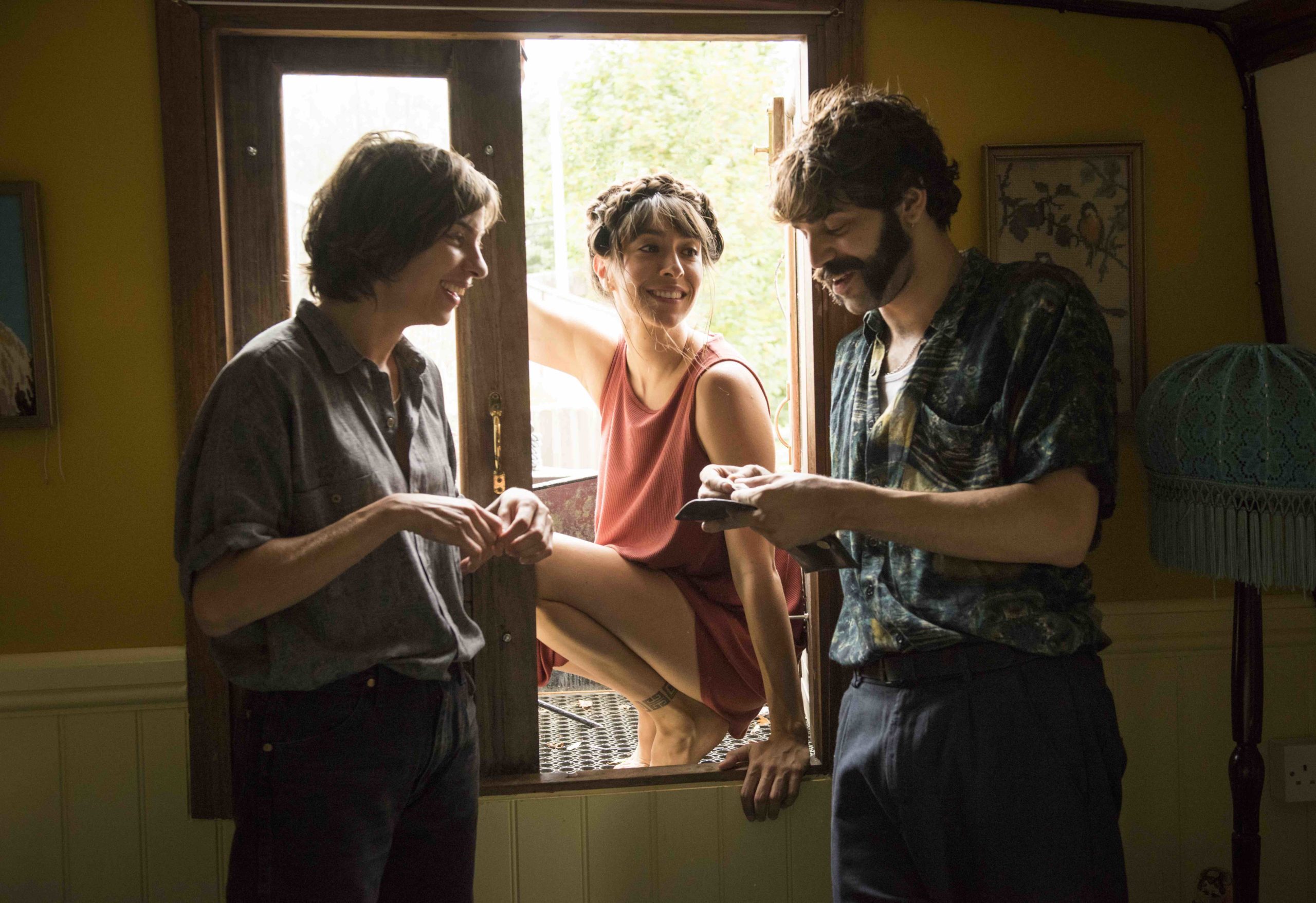
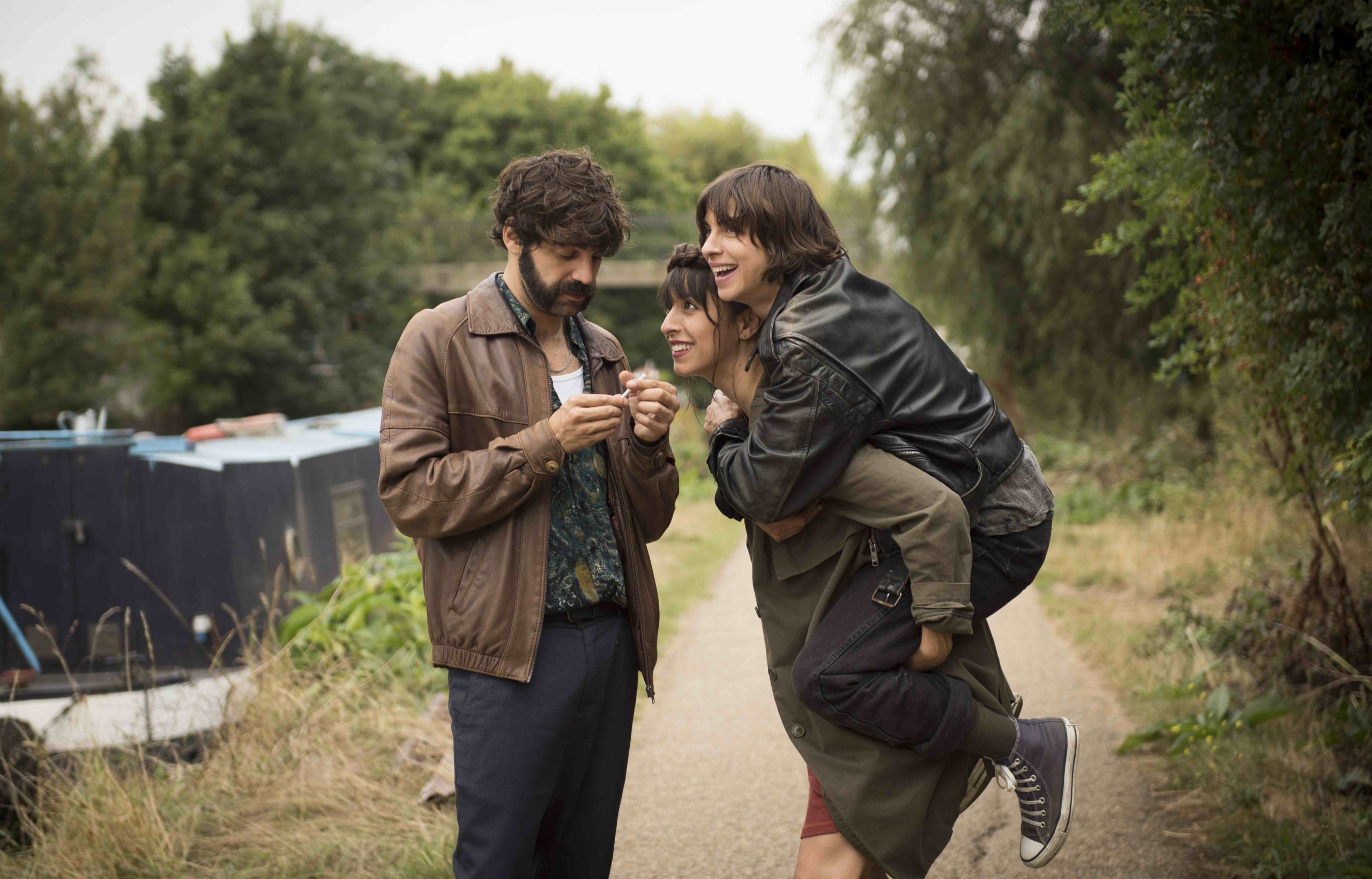
Eva, Kat’s and Roger have been friends since their student years back in Barcelona. Now separated, they all look back with nostalgia at the little family they created. Eva and Kat’s humble but carefree existence on their boat on London’s Regent’s Canal gets turned on its head when Eva presents her lover with an ultimatum: 38-year old Eva wants to have a child.
Braunston Marina – final stop
It was an emotional journey not least also because the sun came out and it was glorious cruising weather. The cruise was easy, no more locks and a prime canal section. We ended our boater life on a top note.





That was it on 2 July 2017 ‘living on the cut’ ended for us.
It was a lovely, often demanding time. We had happy moments, sad ones too. Challenges abound, how will we look back on those in a few years time?
Because now, a new chapter is ahead of us. A new country, culture and climate. And definitely more living space.
But one thing we know, there will be times we will miss Quintessence, she was a hidden queen.
There was a comforting thought, at least she’s in good hands with Braunston Marina.
And we wish the new owner best of luck.
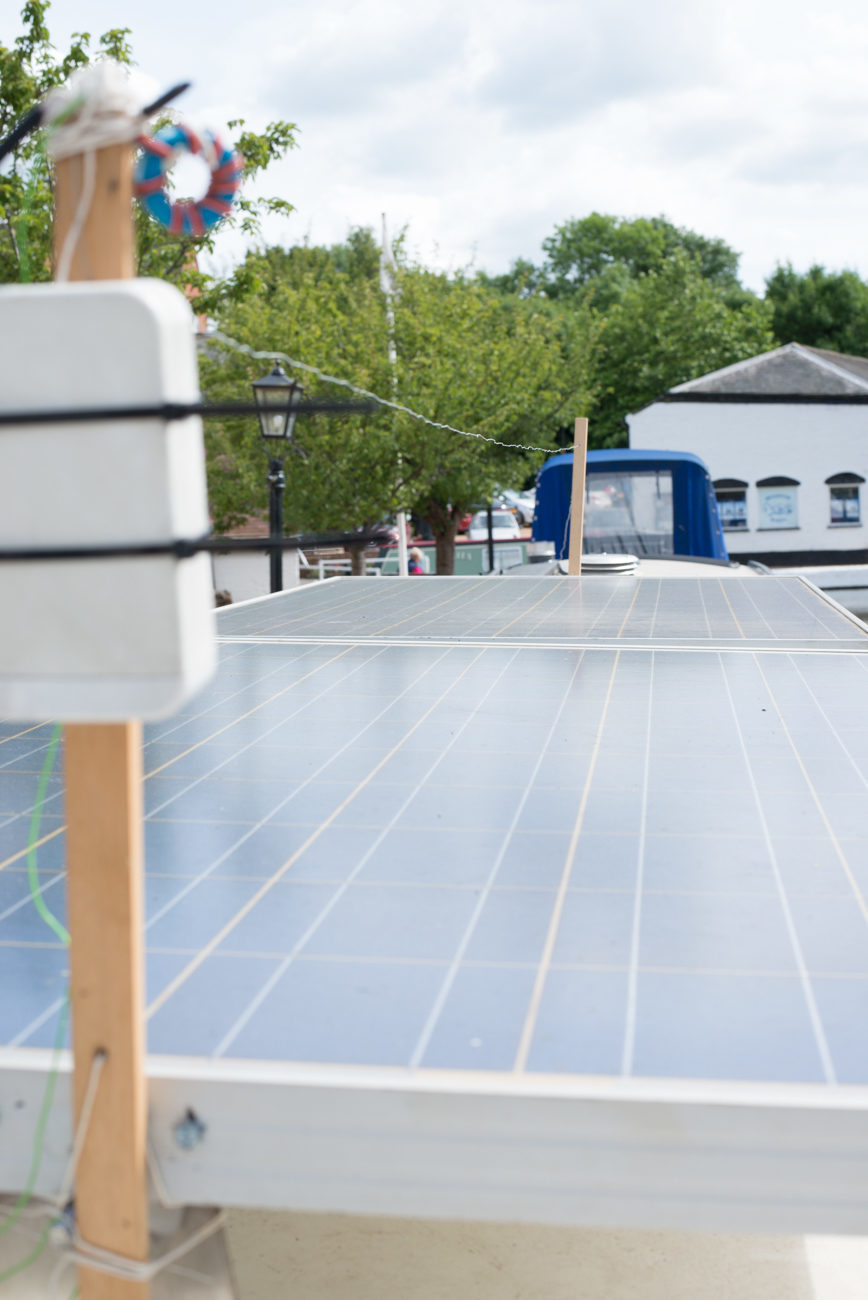
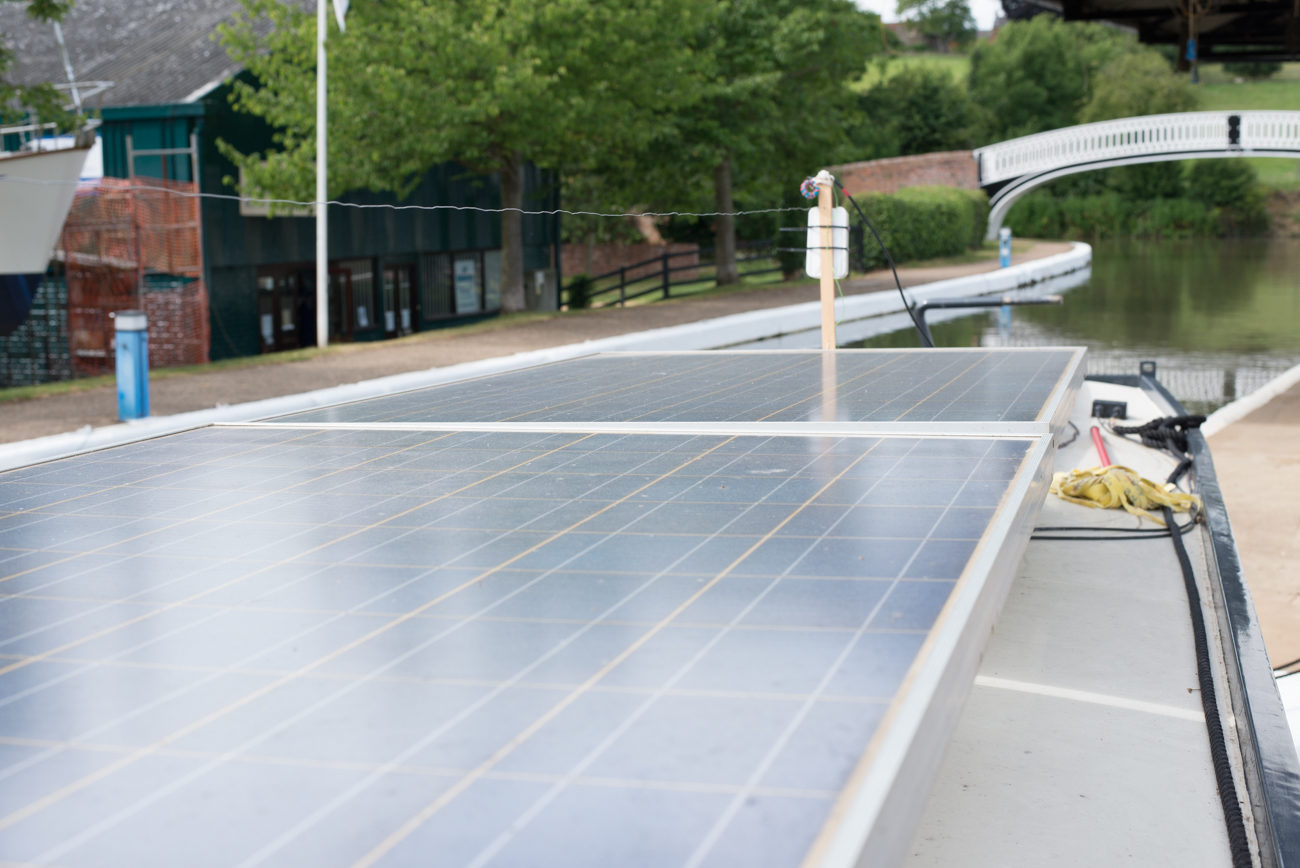

Adnan dismantled the three projects ‘boattr’, ‘mazizone’, and ‘7067 – It’s not a Test’:
Flecknoe notes
On the way to Flecknoe, a dead bush invaded by spiders.

Just after Calcutt Locks, which where the last locks we worked (for the rest of our lives?) we reached Napton Junction where we had to turn into Oxford Canal in direction of Braunston. We wanted to make a pit stop and once again the cat escaped into the bushes. So, we had to wait.

Which also meant time to catch up on emails…

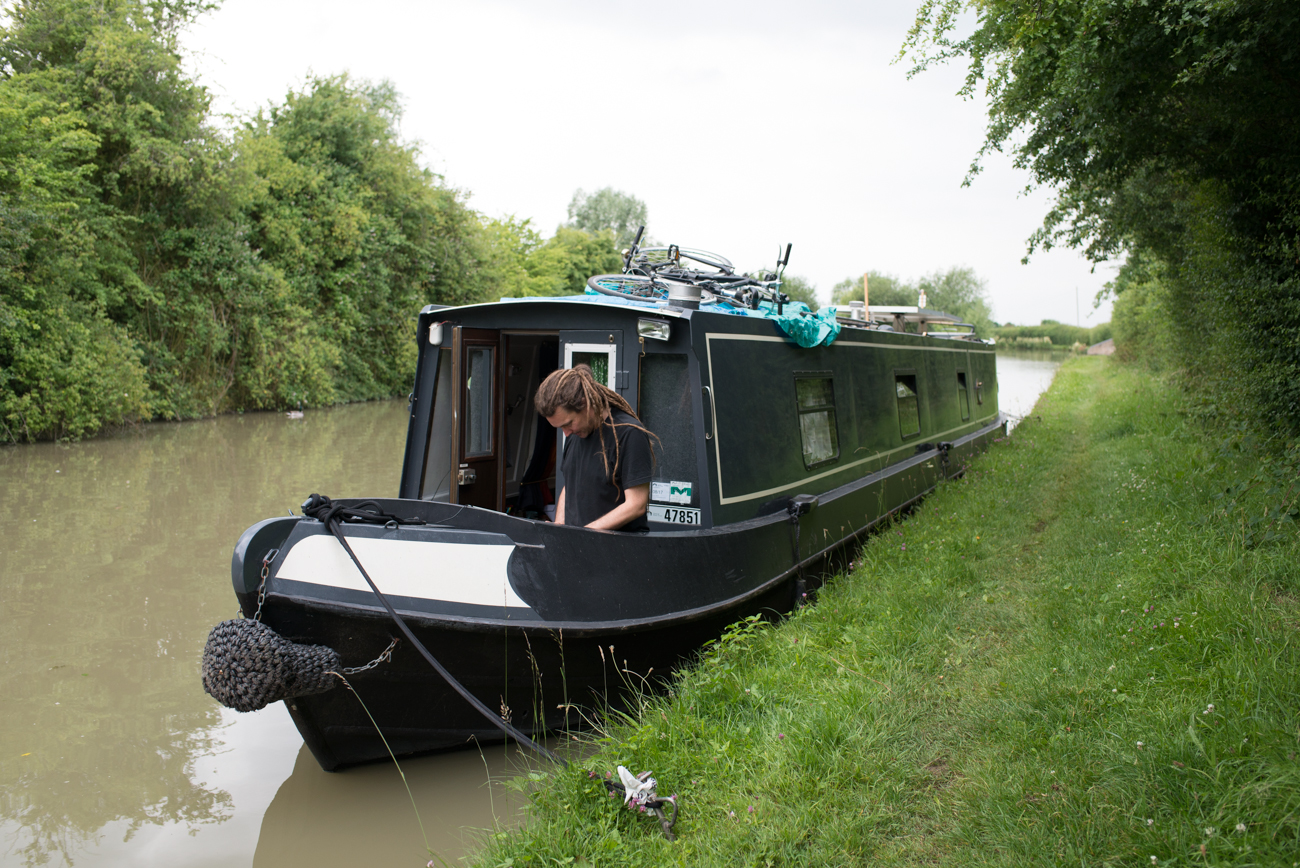
But once the escapist was back we continued towards Flecknoe, our destination for the day, where Adnan was so exhausted he immediately fell asleep once we found our mooring spot.

It was still raining, it’s British summer after all, but rain drops look good on a perfectly painted boat.

Even the antennae looks good, the solar panels got a good wash…
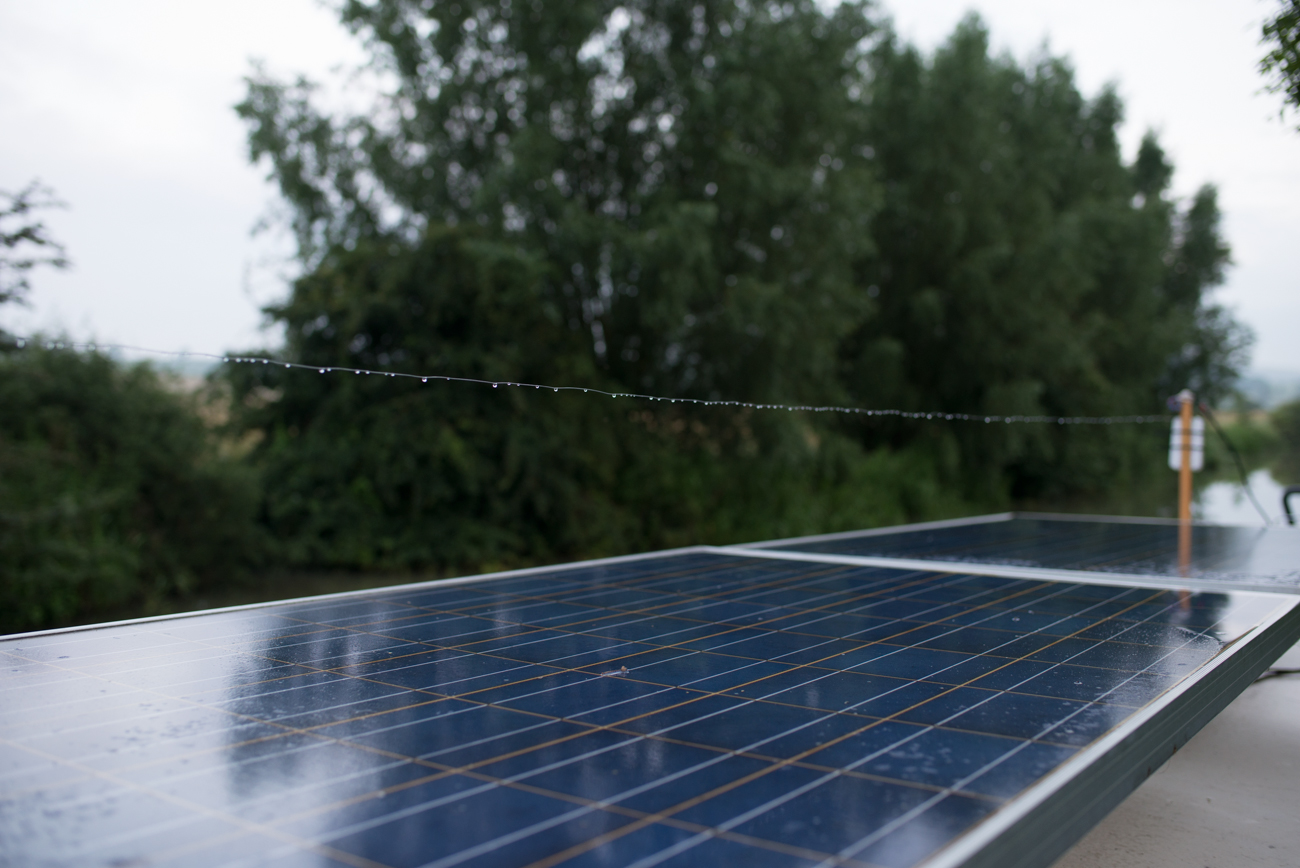
And Behemoth, aka Sava, in her element.

We will have two days to pack most of our stuff and to stack up the card board boxes will be quite a challenge in that small space.
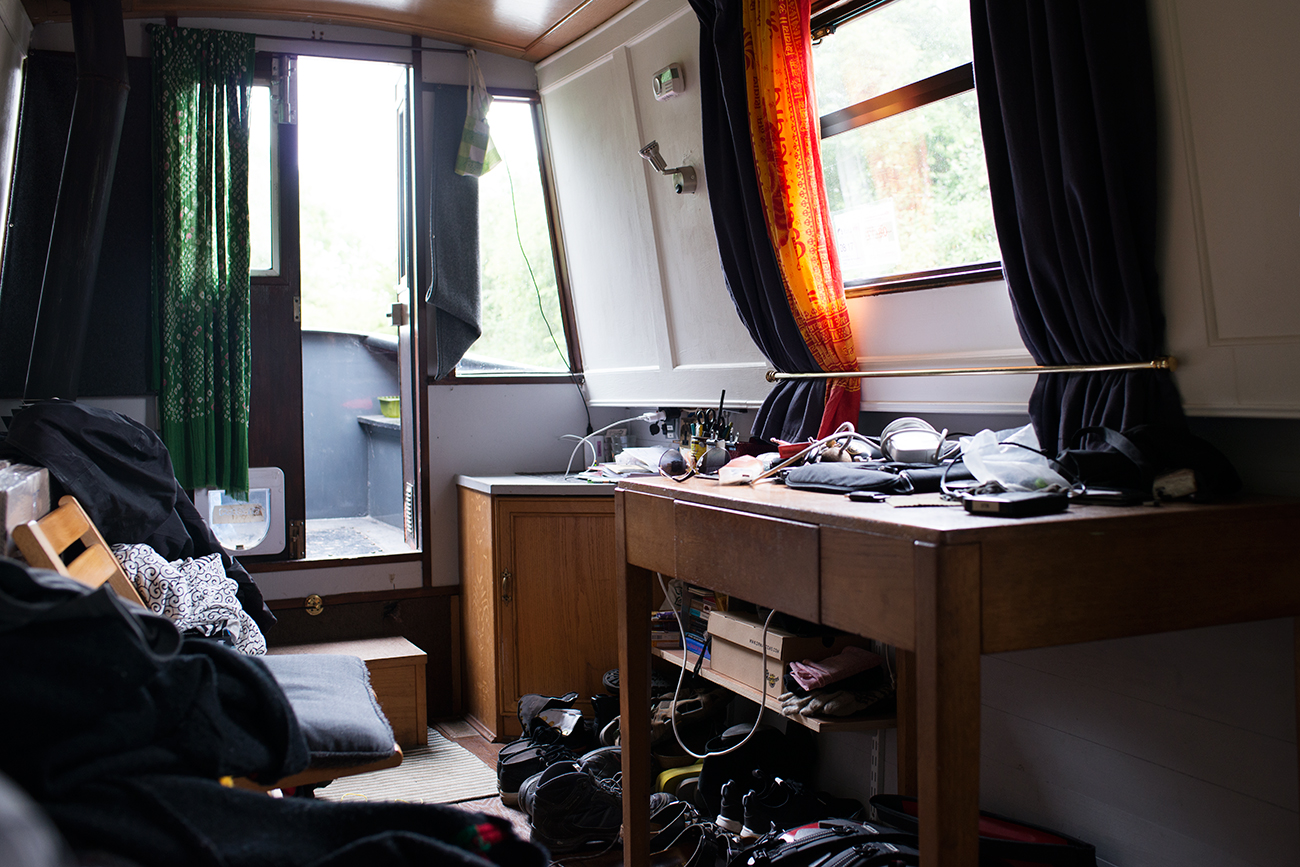

Family visit from Ellen and Nils
We managed to arrange a short visit of Adnan’s mum and brother Nils to come to see us. Albeit, they had to stay in a hotel near by, there isn’t enough space for two more people to stay over. Moreover it was such a hot weekend, it was baking inside the boat, this could have been a real issue for our two guests.
It really was two glorious days and the boater life showed itself from the most beautiful side. We were cruising from below Knowle lock back to Kingswood with the two of them. Halfway through we did a pit stop and had lunch.
Dyson’s other function, the cooling one, came into force once we were back from the cruising trip. We not only had to cool down ourselves but also the inside of the boat.
Adnan gave a brief mazizone workshop introducing our guests to the guest book and the NextCloud sharing functions of the Kingswood Basin mazizone.
Grenfell Tower fire in London
Waking up this morning, having breakfast and reading the news paper, a mixture of disbelief and shock overcame us.
Grenfell Tower in London was burning.
We haven’t heard of this tower block before but seeing the photos, reading reports and watching the BBC it became clear, a disaster has unfolded last night which will tarnish social housing in Britain for a long time.
Dozens of people burned alive in the 21st century, in a city like London, in the wealthiest borough of that city. Emblematic of what is so wrong with the housing situation in this country. Maybe not just the housing situation, but with the all pervading British class system, which still prevails.
RIP dear people whom we have never known, who died so so tragically.
Already May, change is in the air
It’s been an eventful time, May is here already and change is in the air. That’s usually the case when spring arrives but there is more to it. We are back from our Japan trip and things on Natascha’s side are as much up side down as this tree.

Japan was amazing, but had it’s problems. Natascha didn’t return perfectly rested and healthy. It’s related to her work, she ended the working in London abruptly upon returning from the trip.
Yes, Japan, the land of the raising sun, Mount Fuji and…

… Trump crackers.

Even the colour scheme of the packaging and the cracker itself is fitting. Different shades of orange. We wondered whether they relate to Trump? We didn’t like them, not our taste at all, same like the other name bearer.
Everything is in flux all the time. There were changes in Kingswood Basin too, when we came back Simon, our neighbor, moved on the other side of the pontoon. All of a sudden we had lots of light inside the boat, that was a great improvement.
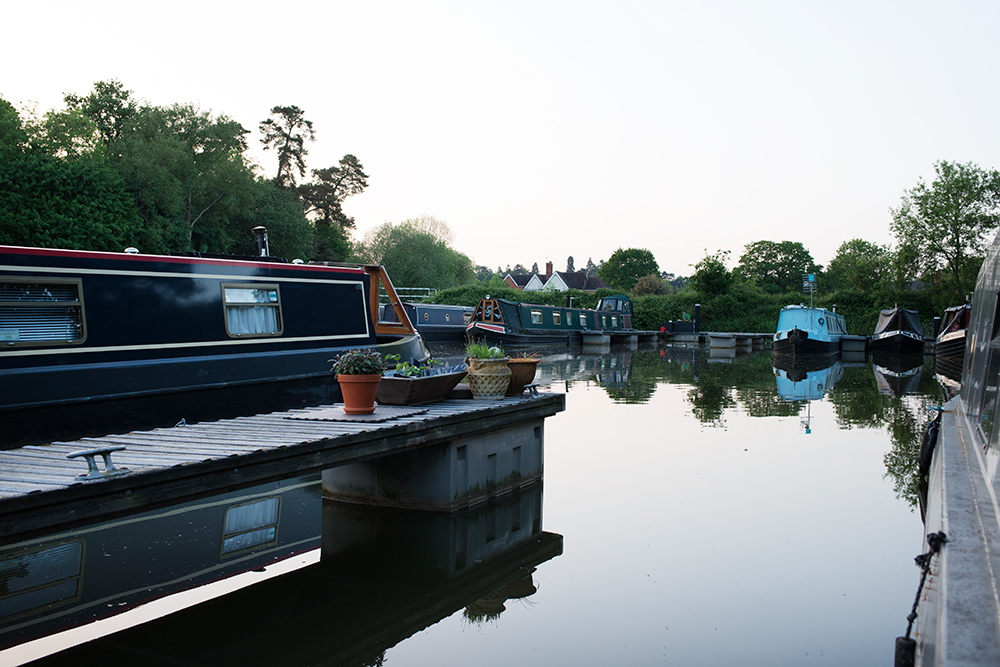
Light falls on messy shelf unit.

A tender moment. White feather on blackened steel – pictorial poetry on a barge.
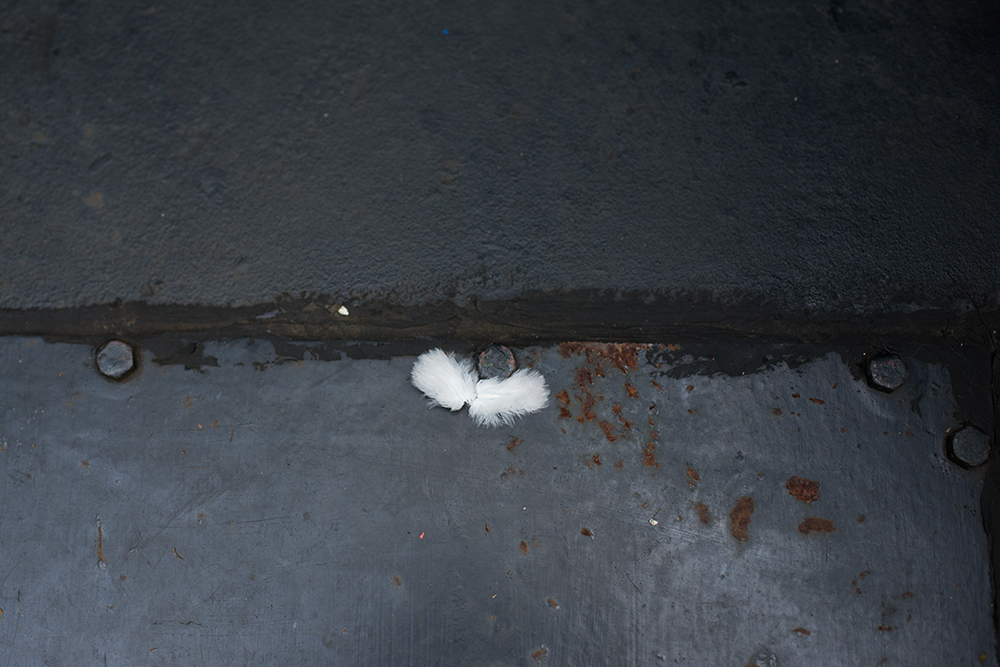
We only hope, she wasn’t the reason the feathers were on the boat… that feisty little one, sometimes.


